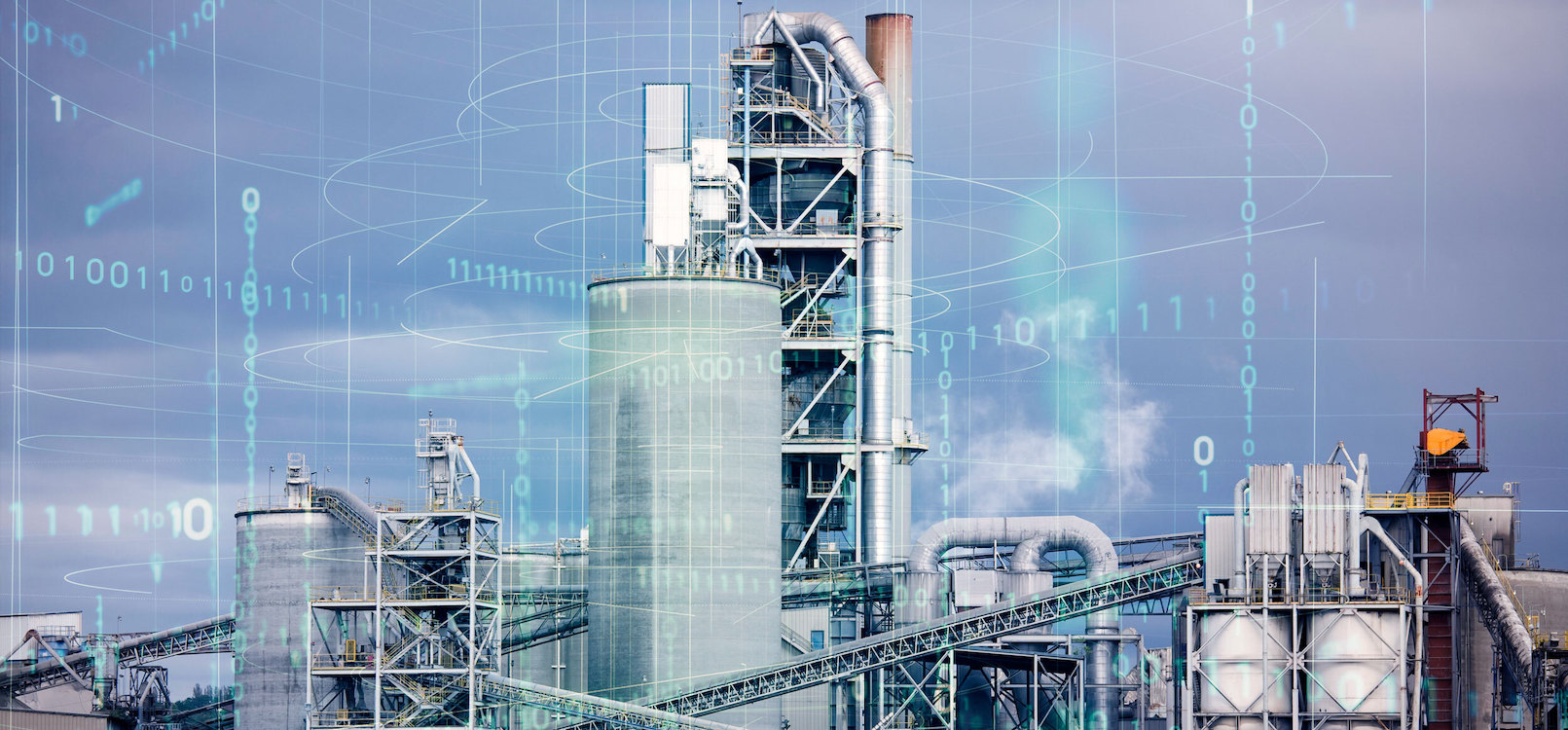Digitalisation is seen as a very important step for the future of individual cement plants and companies – and an important decarbonisation pathway – according to Carbon Re’s new survey conducted with World Cement.
Altogether, 82% of respondents said digitalisation is ‘very important’ for the future of their company or plant – and 76% said it is a ‘very important’ part of the emissions reduction path.
However, although cloud-based tools are used by more than half of the survey respondents, there was a general lack of confidence in sharing company data via the cloud.
When asked what technologies are already being used in their plants, predictive maintenance solutions came out top, followed by expert systems and laboratory information management systems. Software sensors and business intelligence software are also being used by nearly half of the respondents’ companies.
Respondents were resoundingly positive about the use of artificial intelligence (AI) in the cement industry – but most see it as a solution for the future. Less than 30% of respondents are currently using AI or machine learning (ML) technologies – but 60% said their plant or company plans to in the future. Current uses of AI/ML by respondents’ companies include cement fineness and quality prediction, process optimisation, sampling and laboratory purposes, and predictive maintenance.
Cost and prioritisation were most commonly cited as reasons why respondents’ companies are not using AI today.
78% of respondents said there is a huge need for new tools to support control room operators in their role. The majority of survey respondents said they believe AI/ML will transform the future of the cement industry – similar to the effects already seen in industries such as healthcare, finance and automotive manufacturing.
And, when asked about their perception of optimisation solutions using AI/ML that are available to cement manufacturers, 68% of respondents gave positive answers. “AI is the tool to transform decision making” was one of the comments, along with “the potential is huge in condition monitoring and preventing shutdown and enhancing reliability of the plant” and “I strongly believe that AI would bring a lot of benefit to improve processes and implement quick actions, proactive and predictive, to avoid issues”.
The survey was carried out among respondents from organisations large and small around the world – from India, Thailand, Nigeria and Turkey to the US, Canada, Japan and the UK. The companies involved ranged in size from just one or two cement plants to more than 30, with respondents including engineering managers, technical managers and plant managers as well as general managers and directors.
At Carbon Re, we are on a mission to reduce industrial carbon emissions by gigatonnes every year through the use of AI technology. Carbon Re uses machine learning to optimise fuel use and quality in cement production, resulting in lower fuel costs and carbon emissions. Get in touch with our team to learn more about how digitalisation and AI optimisation could uncover energy efficiencies and reduce costs and carbon emissions at your plant.

